
The Most Effective Foods to Cleanse your Lungs (Research Based)

Your lungs are among the most vital organs in your body. They take in oxygen, filter out toxins from the air, and ensure that every cell receives the oxygen-rich blood it needs to function. Keeping your lungs strong and healthy is essential — not only for breathing easily but also for supporting your immune system, heart, and overall well-being.
One of the most effective ways to protect your respiratory health is through nutrition. Certain foods contain powerful compounds that naturally cleanse the lungs, reduce inflammation, and support detoxification. The best part? These same foods also promote general health and strengthen many other organs in your body.
Of course, quitting smoking, staying physically active, and minimizing exposure to air pollution remain key factors in maintaining healthy lungs. But the right diet can provide an additional layer of protection — reducing your risk of respiratory diseases like bronchitis, asthma, pneumonia, and even lung cancer.
In this comprehensive guide, we’ll explore the best foods and habits to cleanse your lungs, how your lungs work, and simple steps to enhance your breathing capacity naturally.
Why Cleansing Your Lungs Matters
Your lungs are two sponge-like organs located in your chest, connected to your airways via the trachea and bronchial tubes. Each breath brings oxygen into the bloodstream and removes carbon dioxide — a process vital for survival.
According to Dr. Melinda Ratini (WebMD), the average person breathes 12–20 times per minute. For your lungs to function properly, the airways must remain free from inflammation, swelling, or excess mucus.
If you’ve recently had a respiratory illness, been exposed to pollution, or stopped smoking, your lungs may be holding onto toxins or mucus. A “lung cleanse” can help speed up healing, remove residual buildup, and restore natural function.
Adding lung-cleansing foods to your diet can:
-
Remove excess mucus caused by infection or allergies.
-
Boost oxygen absorption and circulation.
-
Reduce inflammation and oxidative stress.
-
Help your body recover from environmental toxin exposure.
Habits to Keep Your Lungs Strong
Before diving into specific foods, it’s important to understand the lifestyle habits that support lung health and prevent disease.
1. Quit Smoking
If you smoke, quitting is the single most powerful step you can take. The Public Health Agency of Canada identifies smoking as the leading cause of chronic lung diseases, including lung cancer and COPD (Chronic Obstructive Pulmonary Disease). Fortunately, it’s never too late to stop — the lungs begin repairing themselves within weeks of quitting.
2. Avoid Secondhand Smoke
Breathing in cigarette smoke, even indirectly, can damage your lungs almost as much as smoking itself. The CDC warns that secondhand smoke contains over 7,000 chemicals, many of which are carcinogenic. Even brief exposure can irritate and inflame lung tissue.
3. Practice Good Hygiene
Infections such as colds, flu, or pneumonia can weaken the lungs. The American Lung Association recommends:
-
Washing your hands frequently.
-
Maintaining oral hygiene (brush twice daily).
-
Strengthening your immune system through nutrition, rest, and hydration.
4. Reduce Air Pollution
Indoor and outdoor pollutants — from mold and dust to industrial fumes — can all impair lung function. The Consumer Product Safety Commission (CPSC) advises:
-
Keeping rooms well-ventilated.
-
Removing mold and using air purifiers.
-
Ensuring gas appliances are functioning properly.
The Best Foods to Cleanse and Protect Your Lungs
1. Green Leafy and Cruciferous Vegetables
Vegetables like kale, cabbage, broccoli, and cauliflower are rich in antioxidants and compounds such as sulforaphane, which help neutralize toxins and reduce inflammation.
A study in The Journal of Nutrition found that people who consume more cruciferous vegetables have a significantly lower risk of lung cancer — even among nonsmokers. These vegetables also support the liver, your body’s primary detox organ, helping filter pollutants before they can harm the lungs.
2. Foods Rich in Carotenoids
Carotenoids are pigments found in orange, red, and green produce — such as carrots, tomatoes, sweet potatoes, kale, and red peppers. They act as antioxidants that protect the lung lining and prevent cell damage.
Research published in Frontiers in Bioscience shows that carotenoids, including lycopene (found in tomatoes), play an important role in preventing lung cancer and reducing inflammation in lung tissue.
3. Omega-3 Fatty Acids
Foods high in omega-3 — including salmon, mackerel, walnuts, chia seeds, and flaxseeds — help lower inflammation throughout the body. Omega-3s also support circulation, allowing oxygen to flow more efficiently through the lungs.
A study from The Journal of the American College of Nutrition found that a diet rich in omega-3s improved respiratory health and helped protect against inflammatory lung diseases.
4. Flavonoid-Rich Foods
Flavonoids are natural compounds found in apples, berries, citrus fruits, and tomatoes. They’re potent antioxidants that can reduce oxidative stress and strengthen lung tissue.
The journal 3 Biotech reported that flavonoids may help prevent lung, breast, and prostate cancers. Simply adding a handful of blueberries or an orange a day can make a measurable difference in lung resilience.
5. Garlic
Garlic is one of nature’s most potent antibiotics. Its key compound, allicin, helps kill harmful bacteria, clear mucus, and reduce inflammation in the airways.
A 2013 study revealed that consuming raw garlic at least twice a week could lower the risk of lung cancer — and even reverse mild lung damage caused by smoking or pollution.
6. Green Tea
Green tea is a powerful source of antioxidants, especially catechins, which help detoxify the lungs and reduce inflammation. Studies from China show that drinking green tea regularly may repair lung tissue damaged by smoking and protect against lung cancer.
Enjoying 1–2 cups of green tea daily can also boost metabolism, cardiovascular health, and immune strength.
7. Vitamin C–Rich Foods
Vitamin C supports lung health by neutralizing free radicals and protecting cells from oxidative stress. It also helps the body expel toxins.
Excellent sources include kiwi, citrus fruits, strawberries, bell peppers, papaya, and broccoli. Research published in Scientific Reports suggests that higher vitamin C intake correlates with a lower risk of lung cancer and respiratory illnesses.
8. Ginger
Ginger is a powerful anti-inflammatory root that can help open airways, clear mucus, and ease congestion. It also supports immune function and improves circulation to the lungs.
Studies show that compounds in ginger can help inhibit lung cancer cell growth and reduce asthma symptoms. Drinking ginger and lemon tea is an easy way to enjoy its cleansing benefits.
9. Turmeric
Turmeric’s active compound, curcumin, is known for its potent anti-inflammatory and antioxidant effects. It helps protect the lungs from toxins in polluted air and cigarette smoke.
A review in Advances in Experimental Medicine and Biology found that curcumin may help prevent COPD and asthma. For maximum absorption, combine turmeric with black pepper and a healthy fat source like coconut oil.
10. Magnesium-Rich Foods
Magnesium helps relax the muscles around your airways and improve breathing efficiency. Deficiency can lead to poor lung function.
Include pumpkin seeds, almonds, spinach, avocado, and dark chocolate in your diet. Studies have also found magnesium supplementation beneficial for people with asthma.
11. Stay Hydrated
Water keeps your lungs moist and helps thin mucus so it can be expelled easily. Dehydration can lead to congestion, inflammation, and even bronchitis. Aim for 6–8 glasses of water a day, and more if you’re physically active or live in a dry climate.
Tips to Strengthen Your Lungs Naturally
Practice Deep Breathing
Most people only use about half their lung capacity during daily activities. Deep breathing helps expand the lungs fully and flush out toxins.
Dr. Keith Roberts from Rush University recommends diaphragmatic breathing — inhaling deeply so your diaphragm moves downward, allowing your lungs to fill completely. Exhale slowly and fully. Practicing for just 5–10 minutes daily can dramatically increase lung efficiency.
Exercise Regularly
Physical activity boosts oxygen flow, strengthens respiratory muscles, and improves cardiovascular health. Walking, swimming, cycling, and yoga are excellent lung-friendly exercises.
The Lung Association of Canada notes that consistent exercise strengthens breathing muscles, enhances immunity, and can even reduce asthma symptoms when managed properly.
Get Enough Vitamin D
People with chronic lung disease often have low vitamin D levels. Supplementing with vitamin D has been shown to ease symptoms of COPD, including coughing, mucus buildup, and shortness of breath.
Sunlight exposure, fortified foods, or vitamin D3 supplements can help maintain optimal levels.
Final Thoughts
Your lungs are incredibly resilient — but they need consistent care. By quitting smoking, staying active, and adopting a diet rich in antioxidants, anti-inflammatory compounds, and lung-cleansing nutrients, you can help your lungs function at their full potential.
From garlic and green tea to leafy greens, turmeric, and citrus fruits, each of these natural foods works synergistically to detoxify, heal, and protect your respiratory system.
Remember: every breath you take is a gift. Nourish your lungs with wholesome foods, clean air, and mindful living — and they will serve you well for a lifetime.
News in the same category


6 Body Parts That Turn Black May Signal Cancer — Don’t Ignore Them

The Amazing Power of Caesalpinia pulcherrima (Peacock Flower)

White Bumps or Spots on Lips: Causes and Effective Treatments
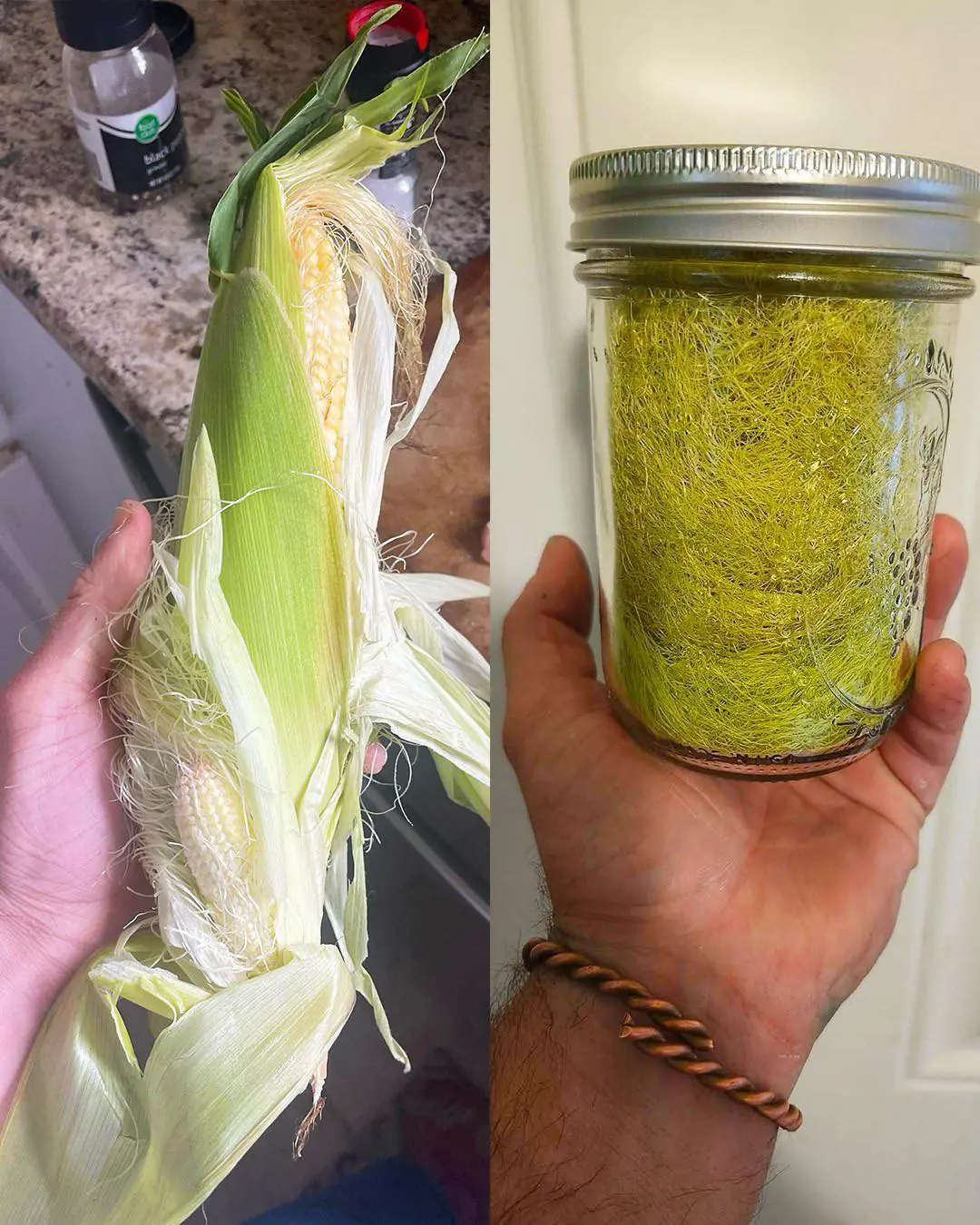
Corn Silk: 30 Health Benefits and How to Use It
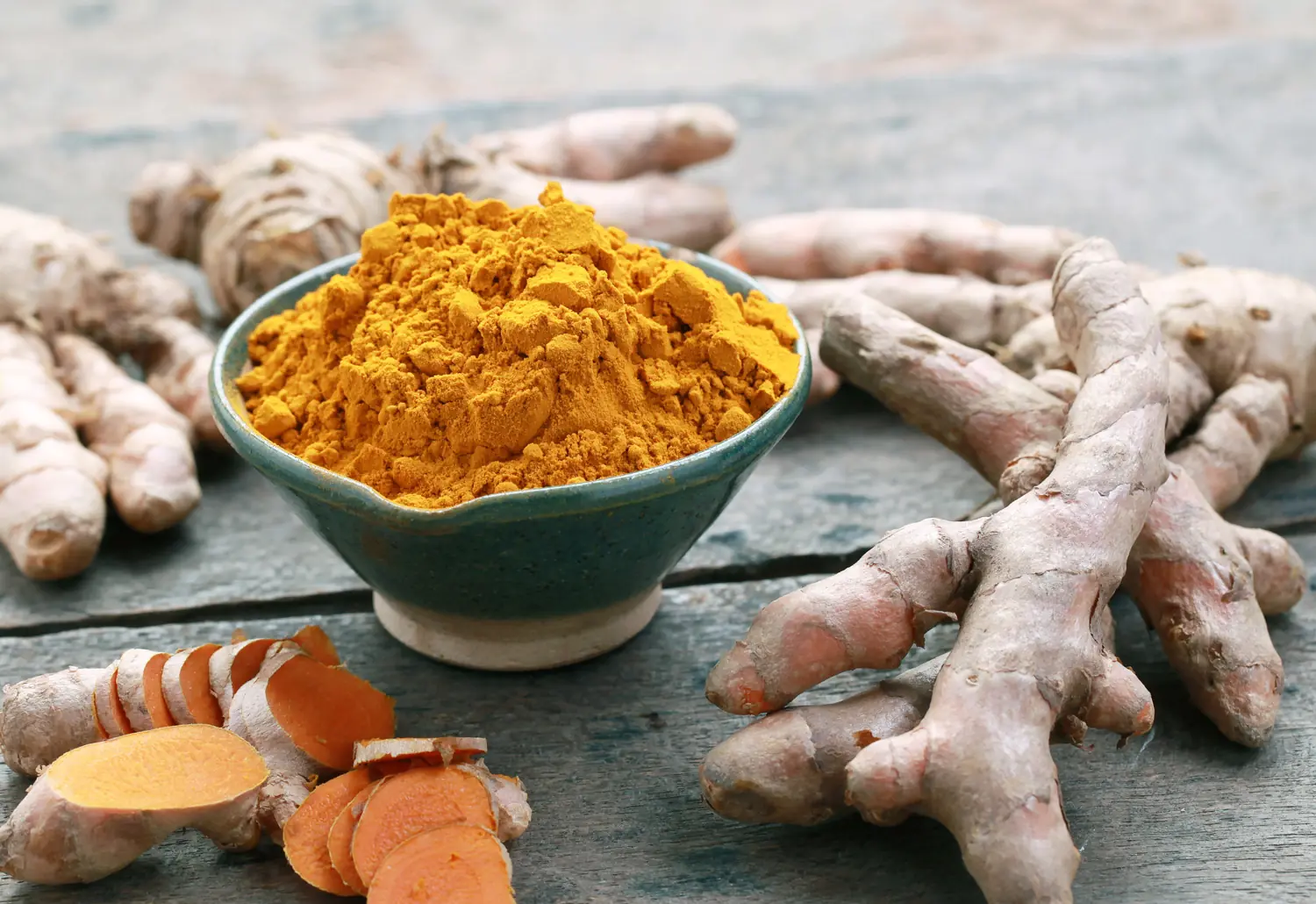
Turmeric Dosage: How Much You Actually Need for Arthritis, Cancer, and Other Diseases

Better Than Medicine? The Shocking Truth About Dates & Blood Sugar!
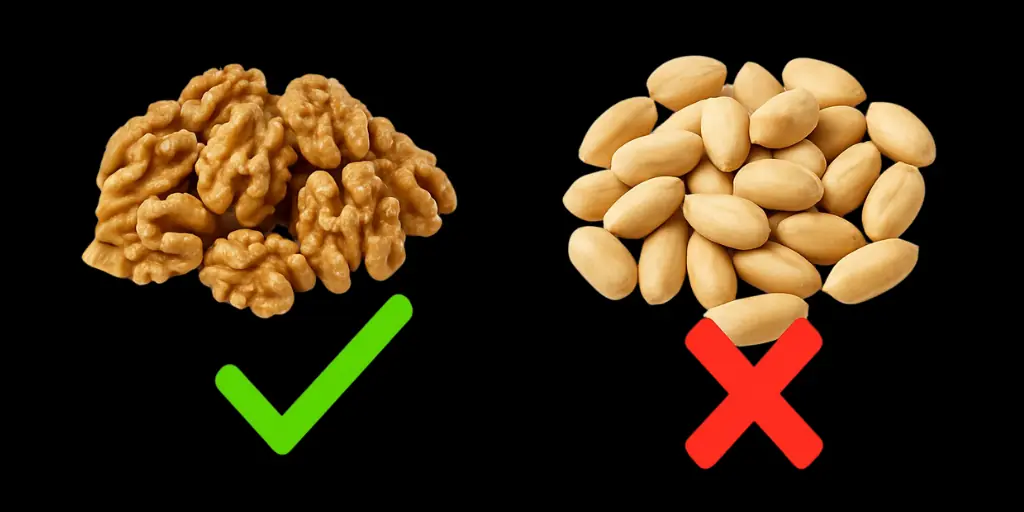
7 Nuts You Should Eat for Better Health (and the #1 Nut You Should NEVER Touch)

An easy-to-dismiss symptom in your foot could be a sign of several more serious illnesses

Doctor reveals 5 powerful snacks that help your body fight cancer and disease

Starve cancer cells: the ultimate guide to foods that fight and feed cancer

#1 Best Way to Lower Blood Pressure Naturally and Fast

🍋 Don’t Throw Away Lemon Seeds & Peels — Here’s How to Use Them Safely

Carrot, Ginger Juice Recipe Drink this regularly and you'll notice incredible changes in your body: 5 amazing benefits of this beverage 👇

Eat more, weigh less? 5 surprising ways foods can help you burn fat

What really happens to your body when you take LOSARTAN
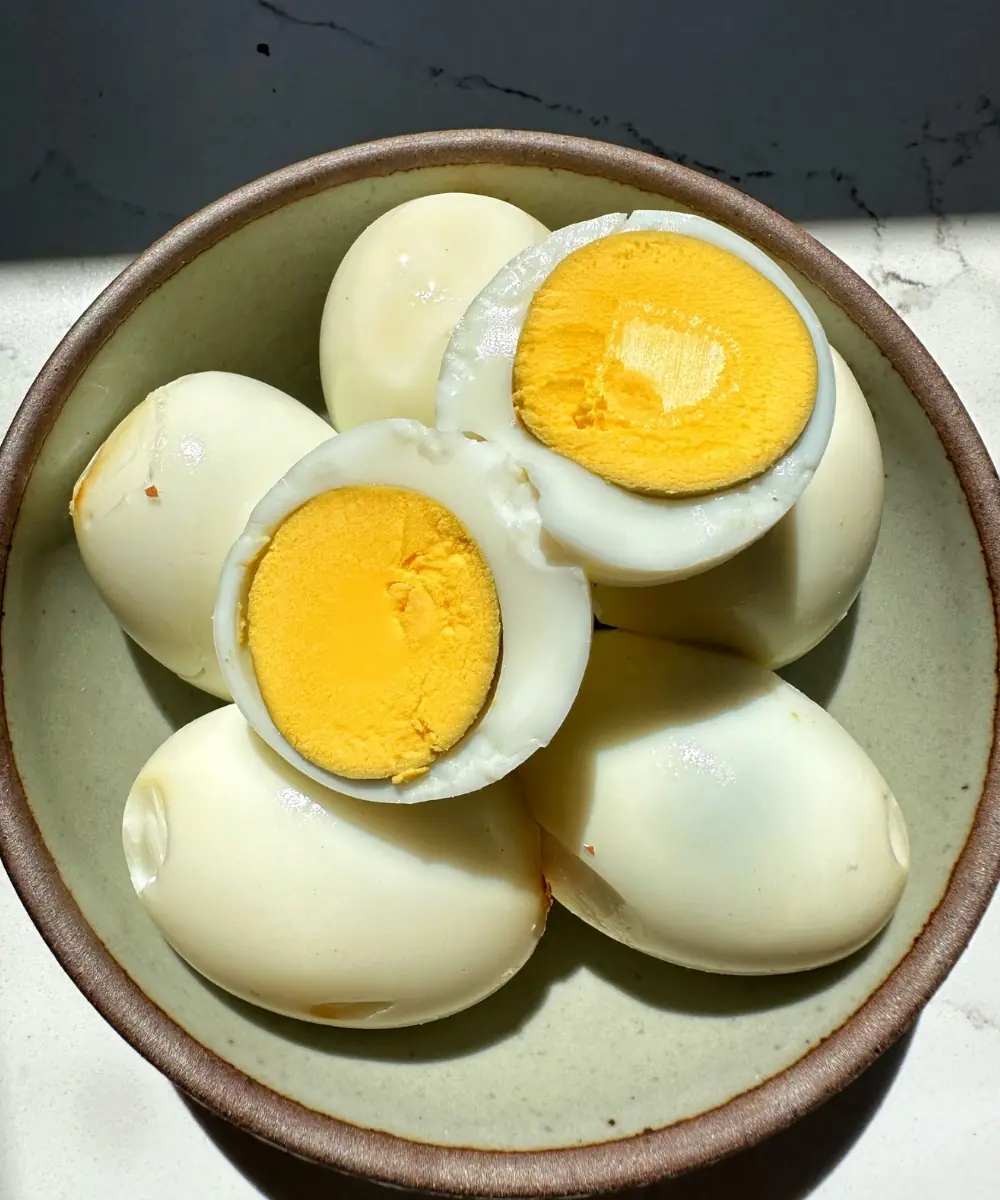
Stop Eating Eggs Immediately If Your Body Shows These 8 Signs

Sarcopenia: Causes of Muscle Loss and How to Regain Strength
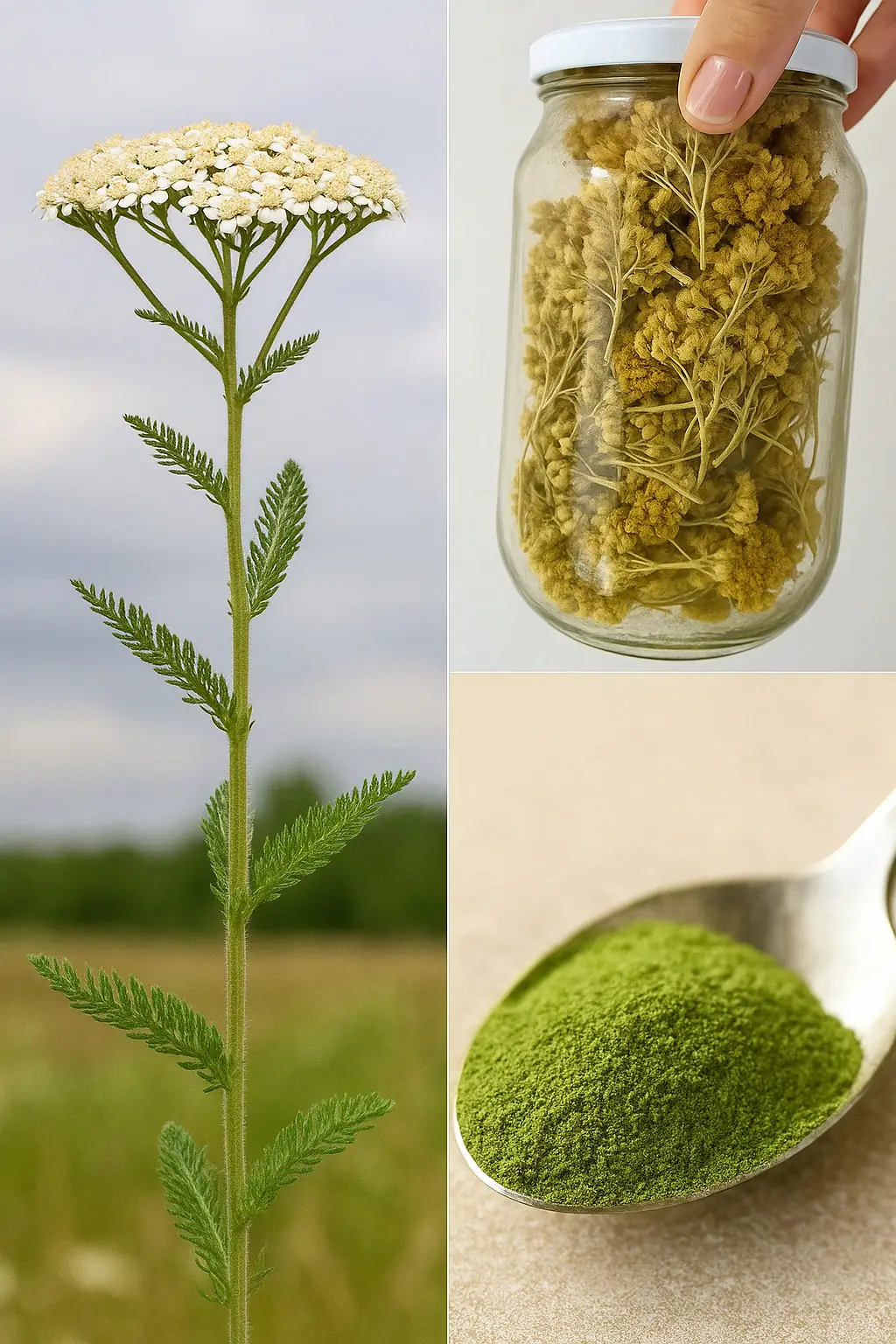
Yarrow: A Timeless Herbal Ally with Amazing Health Benefits
News Post

4 Types of Shoulder Pain That May Signal Dangerous Cancer — Don’t Mistake Them for Simple Joint Problems

6 Body Parts That Turn Black May Signal Cancer — Don’t Ignore Them

Serrated Leaf Motherwort: A Precious Herb with Many Benefits

Banana flowers and their little-known uses

Eat these 5 fruits to avoid magnesium deficiency, keep your heart healthy and your bones strong.

The Amazing Power of Caesalpinia pulcherrima (Peacock Flower)

White Bumps or Spots on Lips: Causes and Effective Treatments

Corn Silk: 30 Health Benefits and How to Use It

Turmeric Dosage: How Much You Actually Need for Arthritis, Cancer, and Other Diseases

Better Than Medicine? The Shocking Truth About Dates & Blood Sugar!

7 Nuts You Should Eat for Better Health (and the #1 Nut You Should NEVER Touch)

An easy-to-dismiss symptom in your foot could be a sign of several more serious illnesses
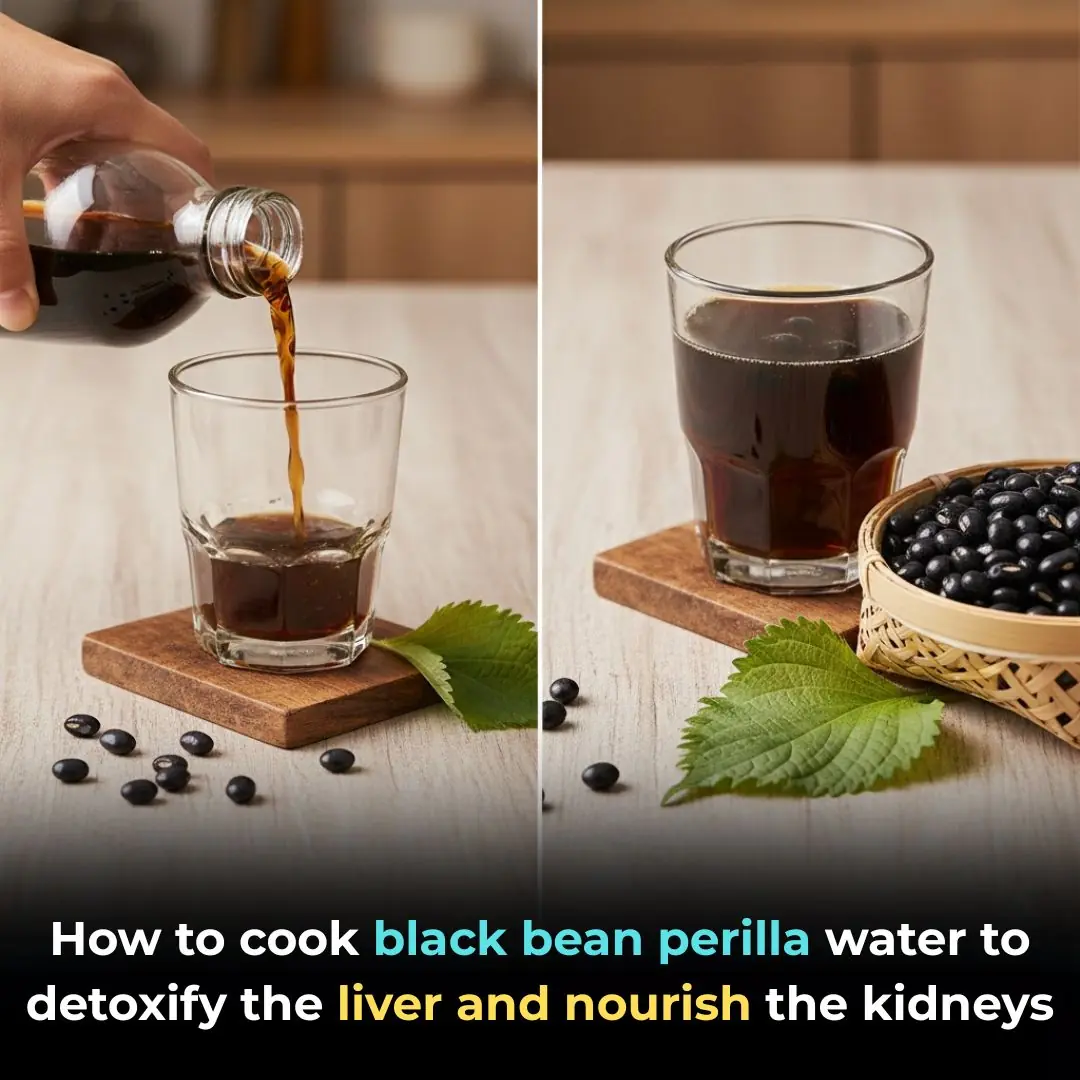
How to cook black bean perilla water to detoxify the liver and nourish the kidneys

A miracle will happen with a handful of seeds under the bed, unfortunately it's just now

Pouring white sugar into laundry detergent: A little tip that everyone loves, saves a lot of money every year

Tips for dealing with moldy and peeling walls: Simple, inexpensive, any house can do it

Stop wasting money on these 10 pantry staples

Doctor reveals 5 powerful snacks that help your body fight cancer and disease
